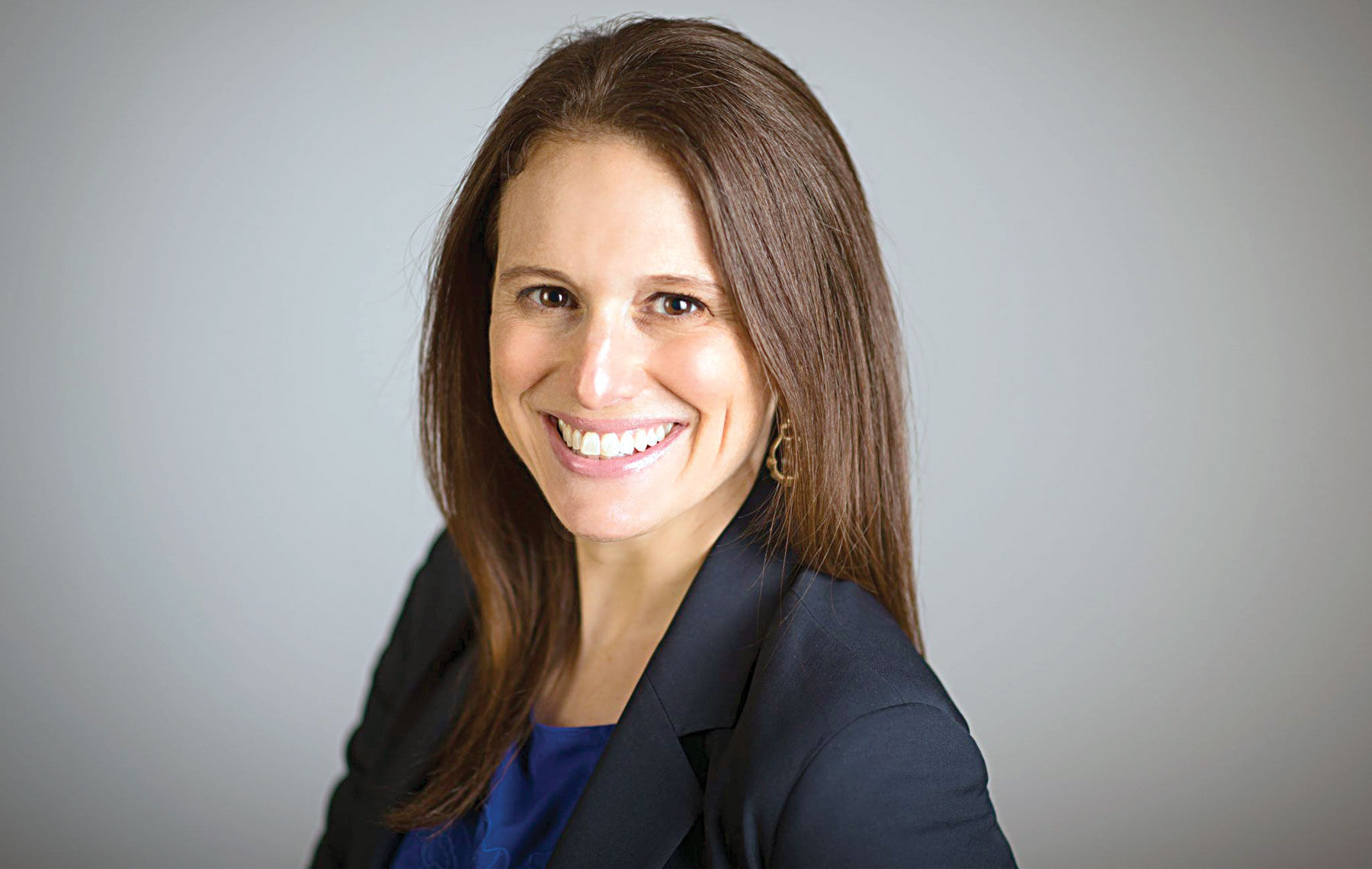
Most people aren’t in the business of swinging presidential elections at the ripe old age of 30 but Halie Soifer isn’t most people.
During the 2008 presidential campaign, Soifer helped swing Florida in favor of an upstart Illinois senator by playing a key role in securing a crucial electorate: the state’s Jewish vote. After heading Jewish outreach in Florida for the 2008 Barack Obama presidential campaign, Soifer’s journey has included stops in the national security realm and as a behind-the-scenes political operative.
Soifer, 39, previously served as an adviser to Obama’s United Nations Ambassador Samantha Power, then performed the same role on the staff of Sen. Kamala Harris (D-Calif). Now she heads up the Jewish Democratic Council of America (JDCA), a progressive political organization founded in 2016 that supports Democrats running for office. At the helm of JDCA, she has her sights set on influencing another critical election.
With November’s midterms fast approaching, Soifer spoke to the Journal about her organization, President Donald Trump, the Democratic Party’s U.S.-Israel stance and why she’s confident Jewish voter turnout can help the Democrats win back the House.
Jewish Journal: What drew you to a burgeoning organization like JDCA?
Halie Soifer: Once President Trump took office, I decided it was time to leave government and help change the composition of the Congress and Senate as opposed to working for one member. JDCA was a natural fit. It’s advocacy in terms of issues I care about as a Jew, such as fighting against unjust immigrant policies, the Muslim ban and standing up for a strong U.S.-Israel relationship in a way that feels particularly pressing in this moment in our history.
JJ: You said previously JDCA was created “to fill a vacuum and in response to this administration.” Can you elaborate?
HS: In the aftermath of Charlottesville, [Va., violence] I think all Jews throughout the country were shocked to see Nazis marching in the streets and Jewish Democrats, in particular, didn’t have one organization to represent their voice in that moment. It was really out of that sense of urgency that JDCA was born: to serve as the voice of Jewish Democrats, whether it was responding to the rise of anti-Semitism in the country or other troubling trends we’ve seen in regard to the Trump administration. It’s also focusing on advocating in the affirmative agenda, which we’re doing in this upcoming election. That means helping to get Democrats who share our values elected to Congress.
“We’ve seen no less than nine neo-Nazi, white supremacist, Holocaust deniers running for office in this election cycle. They now feel legitimate in the Trump era to the point of running for Congress.”
JJ: What’s JDCA looking at specifically when figuring out which candidates to support?
HS: We’re looking at close races where either there’s a strong Democratic challenger to a Republican incumbent, or a vacancy, or a Democratic incumbent who needs our help; but only where the race is predicted to come down to a margin that’s smaller than the Jewish community. Our assessment comes down to this: Can the Jewish community make the difference?
JJ: You recently wrote an op-ed in The Jerusalem Post titled “Record Number of Jewish Voters Will Reject Trump in November.” What’s fueling your optimism about the midterms?
HS: It’s the issues superseding politics that are antithetical to Jewish values, such as zero-tolerance immigration, and separating children from their parents at our border. I’ve been traveling to organize events for Jewish Democrats. Last week, we started our midterm volunteer program. We’re readying canvassing for Sean Casten in Chicago, Jennifer Wexton in Virginia. I hear it everywhere I go. And it’s not even a partisan issue. These are deep-seated concerns about the direction of our country, and I’m confident the November results will reflect that.
JJ: The U.S.-Israel relationship has become an increasingly partisan issue. Are changing views or shifting party lines a threat to Jews continuing to loyally vote Democratic?
HS: I don’t believe that views on Israel have changed among Democrats. If you look at voting patterns in Congress, there’s no change for support for a two-state solution, no change in U.S. military assistance to Israel and no change in supporting Israel’s right to self-defense. I believe that while some Republicans would like to create a narrative that there’s been a change in the Democratic Party on its Israel stance, the reality is that there has not been a marked shift.
JJ: What do you say to critics who argue that a different anti-Semitism, one mired in anti-Israel views, that exists in far-right circles, is permeating parts of the Democratic Party, even gaining momentum among younger Democrats? Is that legitimate?
HS: I certainly would not equate the two. On the right, we’ve seen no less than nine neo-Nazi, white supremacist, Holocaust deniers running for office in this election cycle. That’s astounding. It’s not that these people and these movements didn’t exist previously, but they now feel legitimate in the Trump era to the point of running for Congress. That’s a problem the Republican Party has to grapple with.
JJ: How does your organization speak out against these people?
HS: On the left, there have been three candidates for Congress who have expressed views with regard to Israel that we, as an organization, have disagreed with publicly. We’ve not referred to them as anti-Semites, because, again, we don’t equate the two.
JJ: Who are those candidates?
HS: Alexandria Ocasio-Cortez of New York, Ilhan Omar of Minnesota and Rashida Tlaib of Michigan.
JJ: Those three names, especially Ocasio-Cortez, appear to represent the future of the Democratic Party.
HS: In the case of someone like Ocasio-Cortez, we share her views on many, in fact, most other issues. For those three candidates, we’ve made it clear, while we don’t share that view, we’re interested in engaging. I think when these three candidates arrive in Washington, they’ll soon see that the Democratic Party supports a strong bipartisan relationship between the U.S. and Israel, which includes full military funding for Israel. We don’t expect that to change with these three being elected to Congress.
A correction has been made on Oct. 22. An earlier version of this story mistakenly reported that the volunteer program canvassed for Peter Roskam. It did not.







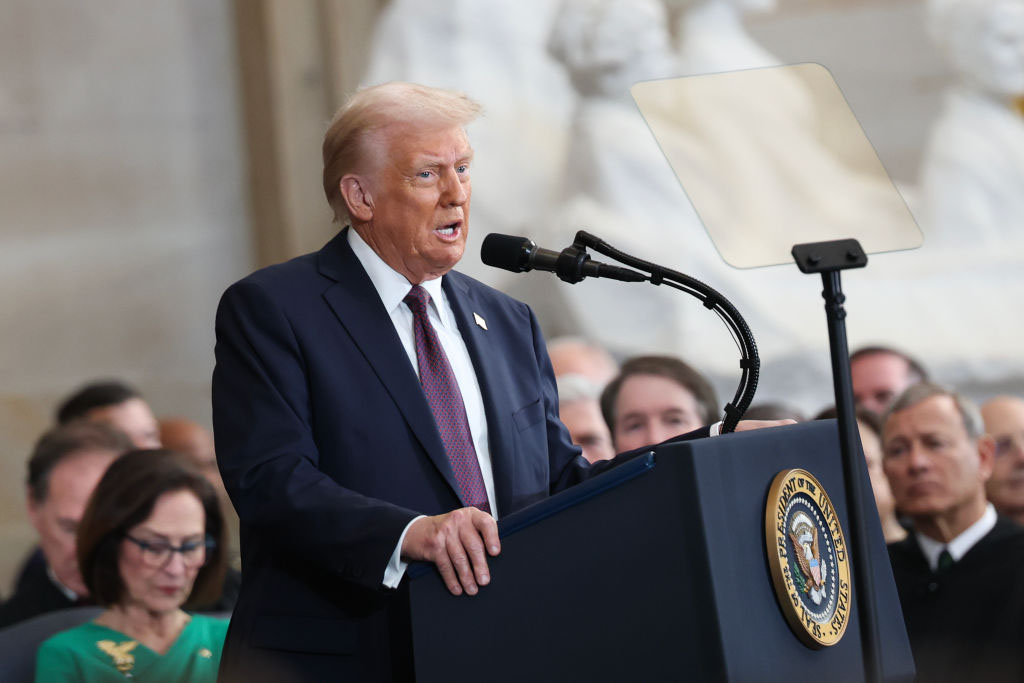

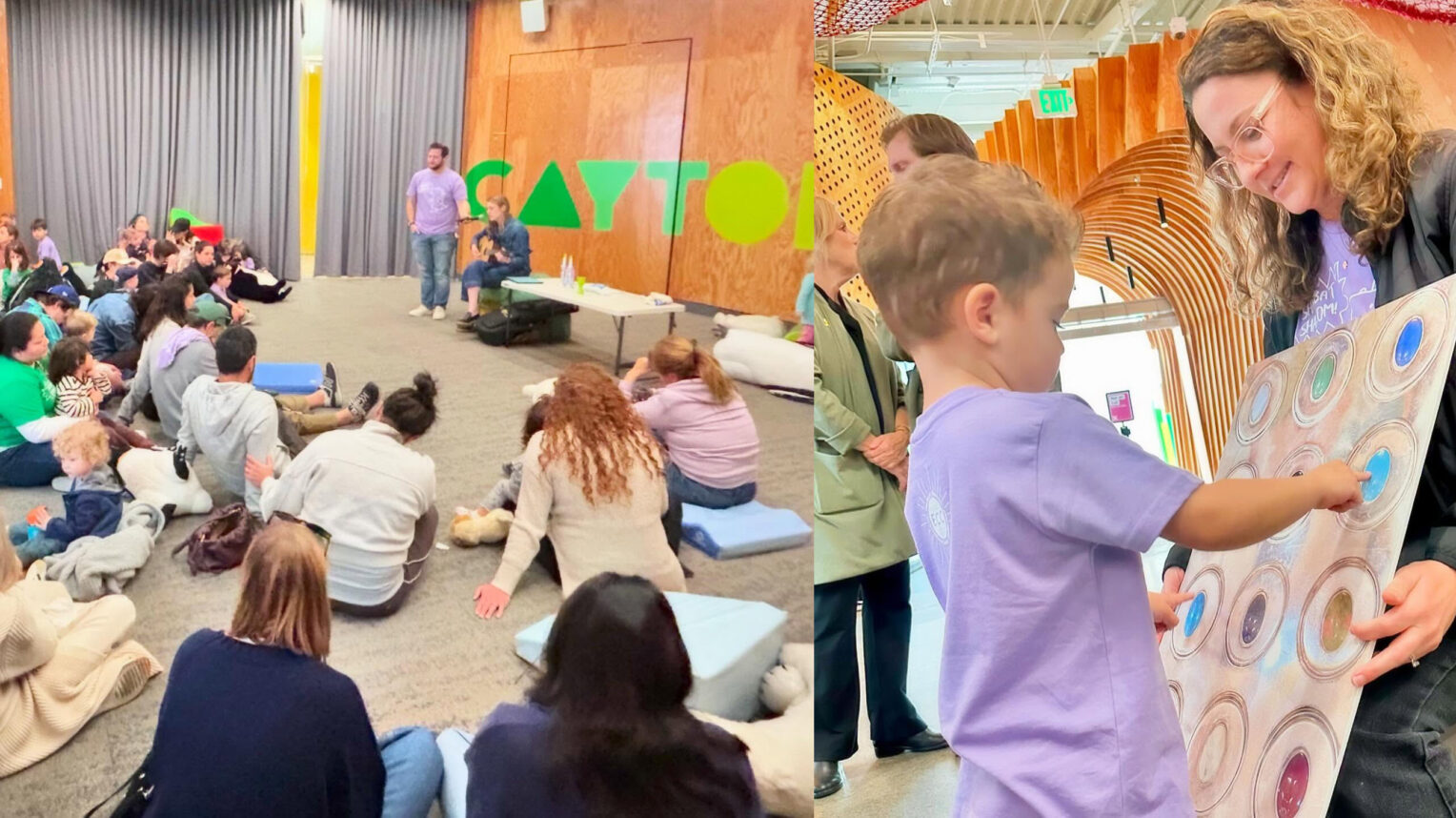
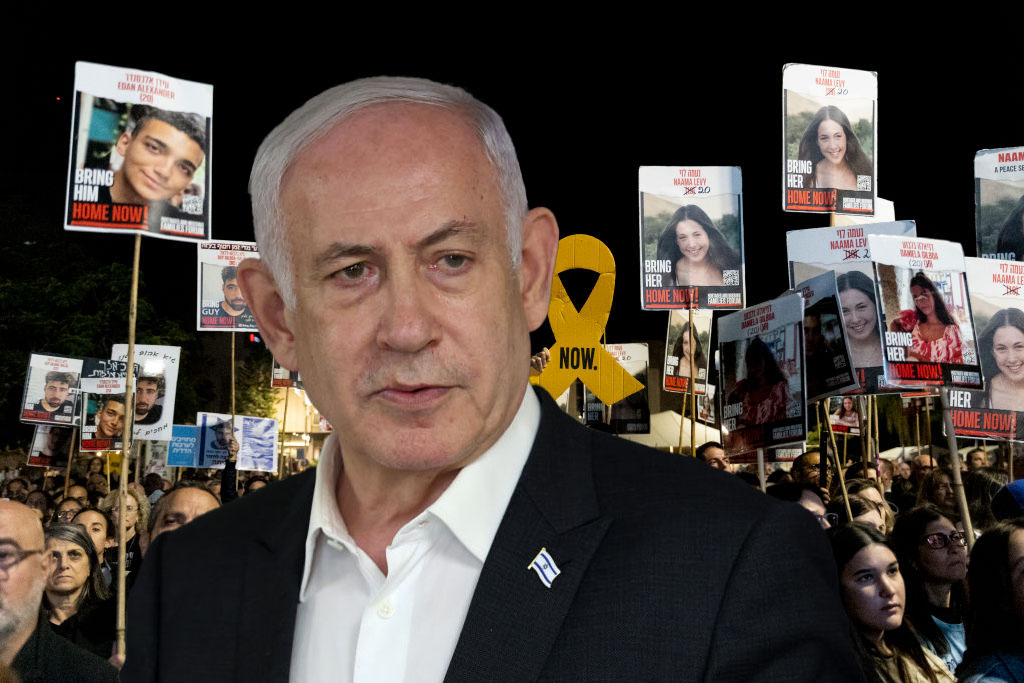
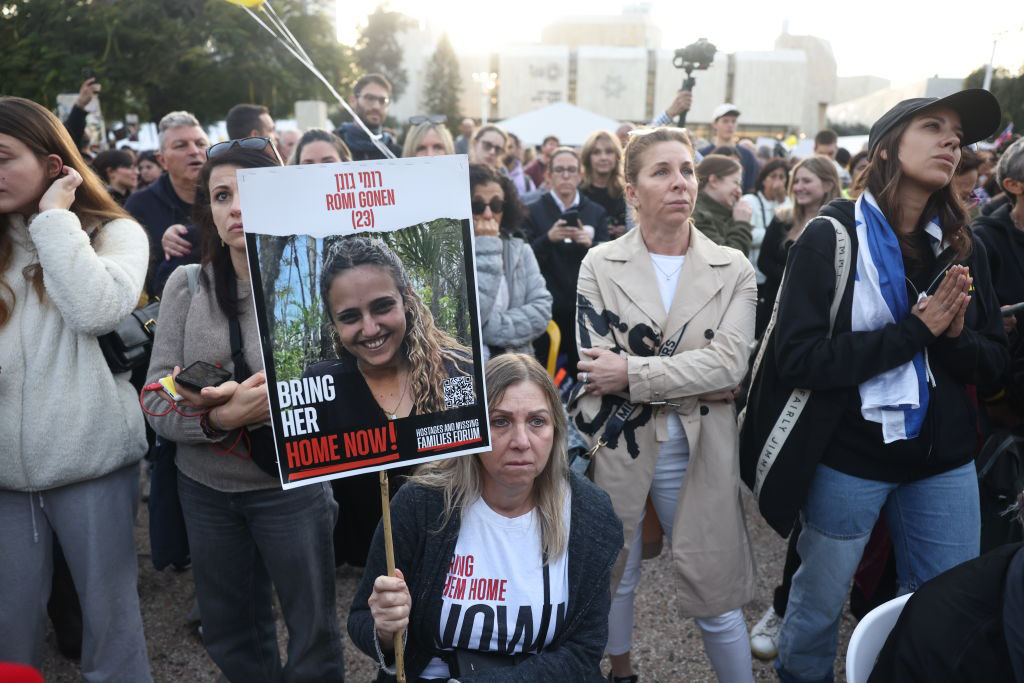








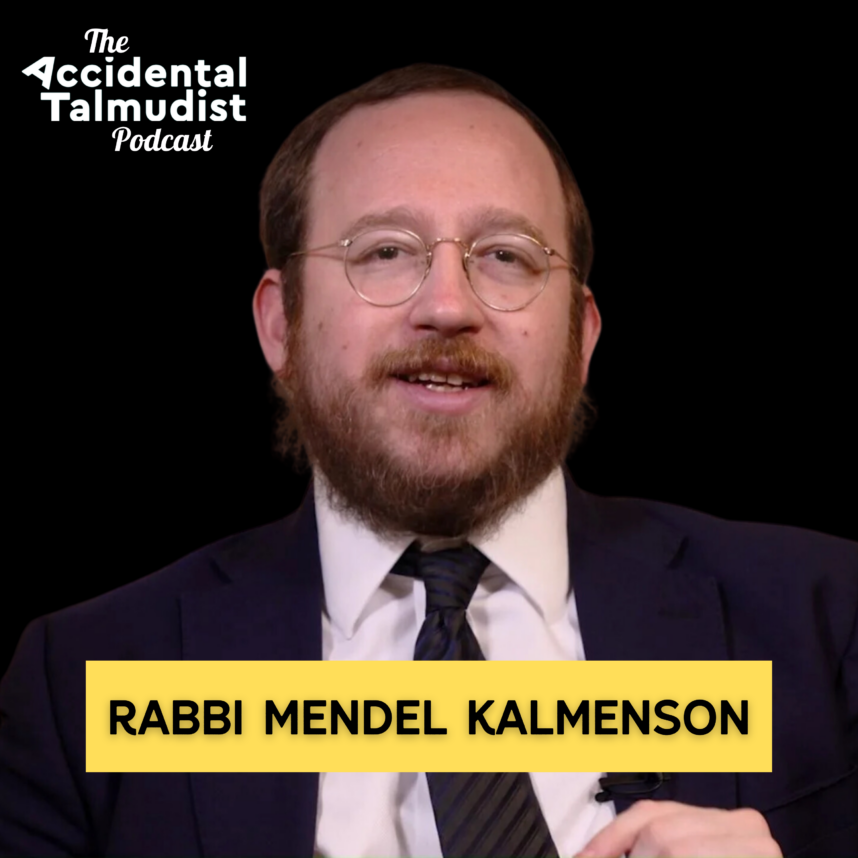
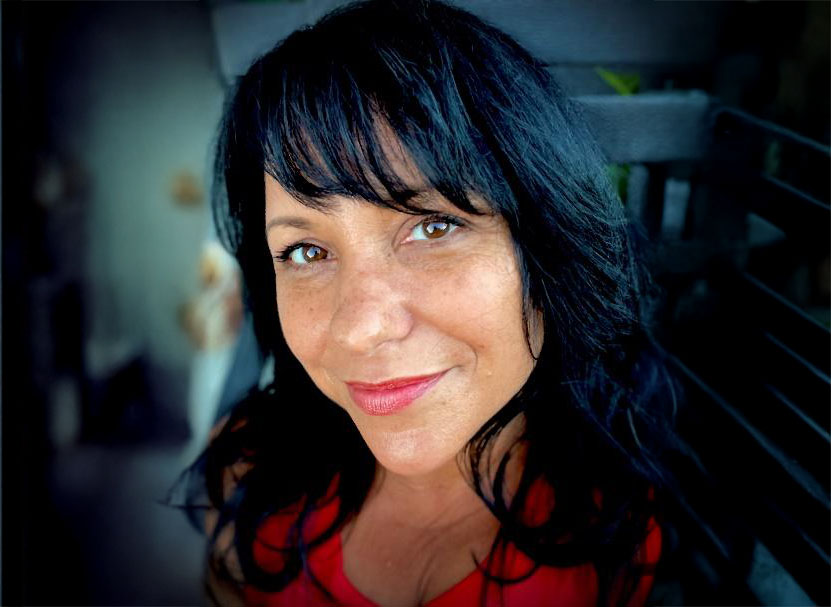

 More news and opinions than at a Shabbat dinner, right in your inbox.
More news and opinions than at a Shabbat dinner, right in your inbox.